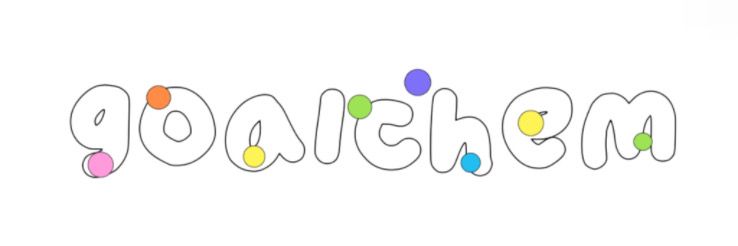7 Essential Medical Instruments Every Healthcare Professional Should Know
Introduction
In the dynamic world of healthcare, having the right medical instruments is crucial for healthcare professionals to provide effective patient care. This article highlights seven essential medical instruments every healthcare professional should be familiar with, drawing insights from leading healthcare influencers. By understanding these tools, professionals can enhance their skills and improve patient outcomes.
For more Med. Instrumentinformation, please contact us. We will provide professional answers.
Diagnostic Instruments
1. Stethoscope
The stethoscope is arguably the most recognized medical instrument. It allows professionals to listen to heartbeats, lung sounds, and other internal bodily functions. Influential figures in medicine, such as Dr. Atul Gawande, emphasize its importance as a diagnostic tool that can lead to early disease detection.
2. Sphygmomanometer
This instrument is essential for measuring blood pressure. As Dr. Eric Topol highlights, accurate blood pressure readings can significantly affect patient treatment plans. Understanding the appropriate usage of a sphygmomanometer is critical for all health professionals.
| Instrument | Purpose | Key Influencer |
|---|---|---|
| Stethoscope | Heart and lung assessment | Dr. Atul Gawande |
| Sphygmomanometer | Blood pressure measurement | Dr. Eric Topol |
Examination Instruments
3. Otoscope
The otoscope is utilized for examining the ears. Healthcare providers like Dr. Sanjay Gupta advocate for its use during routine check-ups, especially in pediatric care, to diagnose conditions such as ear infections early.
4. Ophthalmoscope
Used for examining the interior of the eye, the ophthalmoscope is essential for detecting eye diseases. Influencers in ophthalmology, such as Dr. Rishi Desai, stress the instrument's role in comprehensive eye exams that can help prevent vision loss.
| Instrument | Purpose | Key Influencer |
|---|---|---|
| Otoscopes | Ear examination | Dr. Sanjay Gupta |
| Ophthalmoscope | Eye examination | Dr. Rishi Desai |
Therapeutic Instruments
5. Syringes and Needles
Syringes and needles are vital for administering medications and vaccinations. According to the CDC guidelines discussed by Dr. Julie Gerberding, correct handling and usage are crucial to prevent complications and ensure patient safety.
6. Thermometers
Temperature measurement is fundamental in diagnosing infections and other health issues. Innovations in thermometer technology, as discussed by experts like Dr. Peter Diamandis, have improved accuracy and usability in clinical settings.
| Instrument | Purpose | Key Influencer |
|---|---|---|
| Syringes and Needles | Medication administration | Dr. Julie Gerberding |
| Thermometers | Temperature measurement | Dr. Peter Diamandis |
Supportive Instruments
7. Glucometer
For patients with diabetes, a glucometer is an invaluable tool for monitoring blood sugar levels. Experts such as Dr. Mark Hyman emphasize the role of self-monitoring in managing diabetes effectively and preventing complications.
Conclusion
Familiarity with these seven essential medical instruments is key for healthcare professionals aiming for excellence in their practice. By integrating feedback and practices shared by respected influencers in the medical community, professionals can ensure they provide the best care possible. Mastering these tools not only enhances diagnostic and therapeutic capabilities but also contributes to improved patient trust and outcomes.
For more information, please visit Disposable Skin Stapler Sizes.


